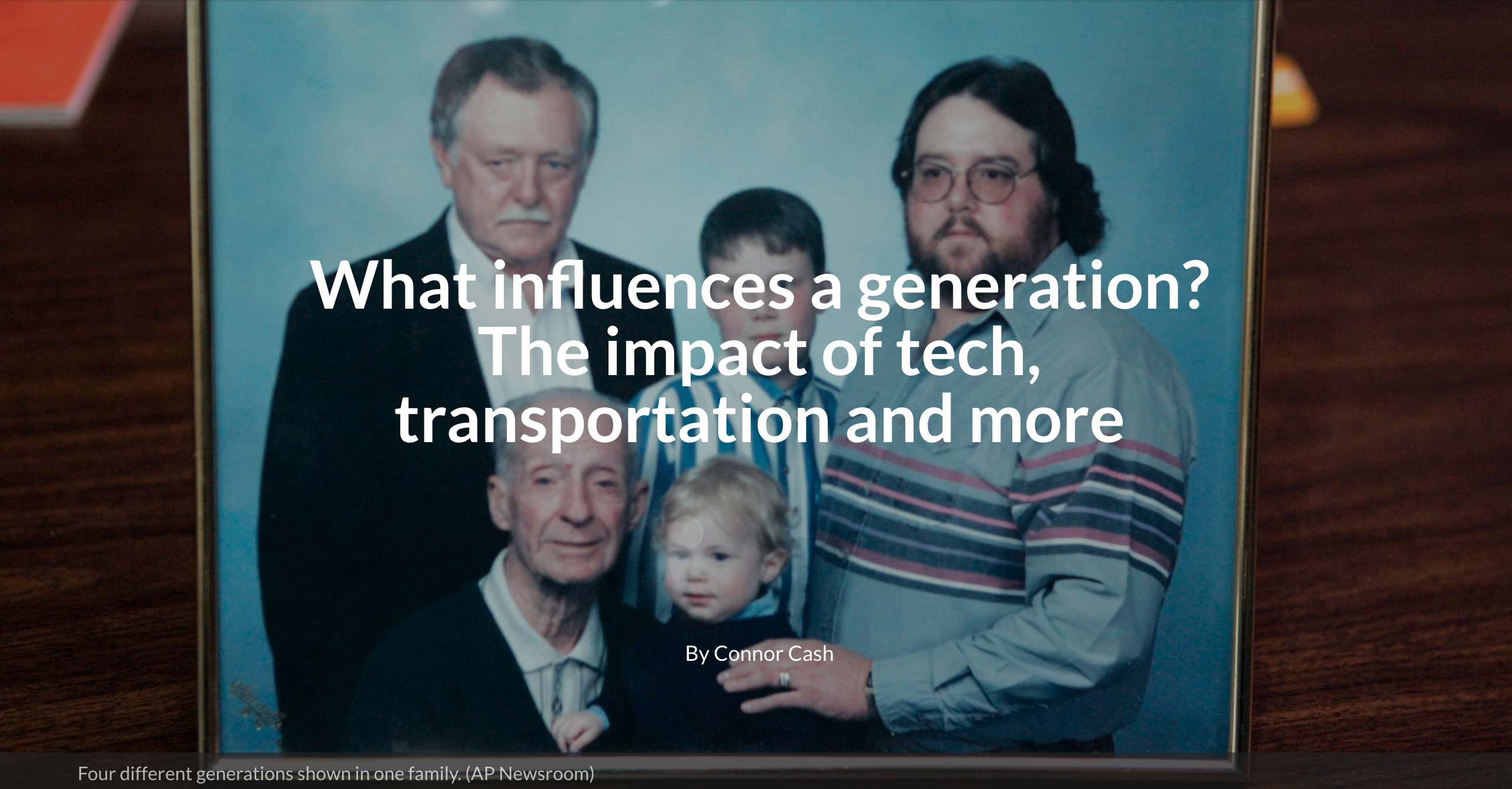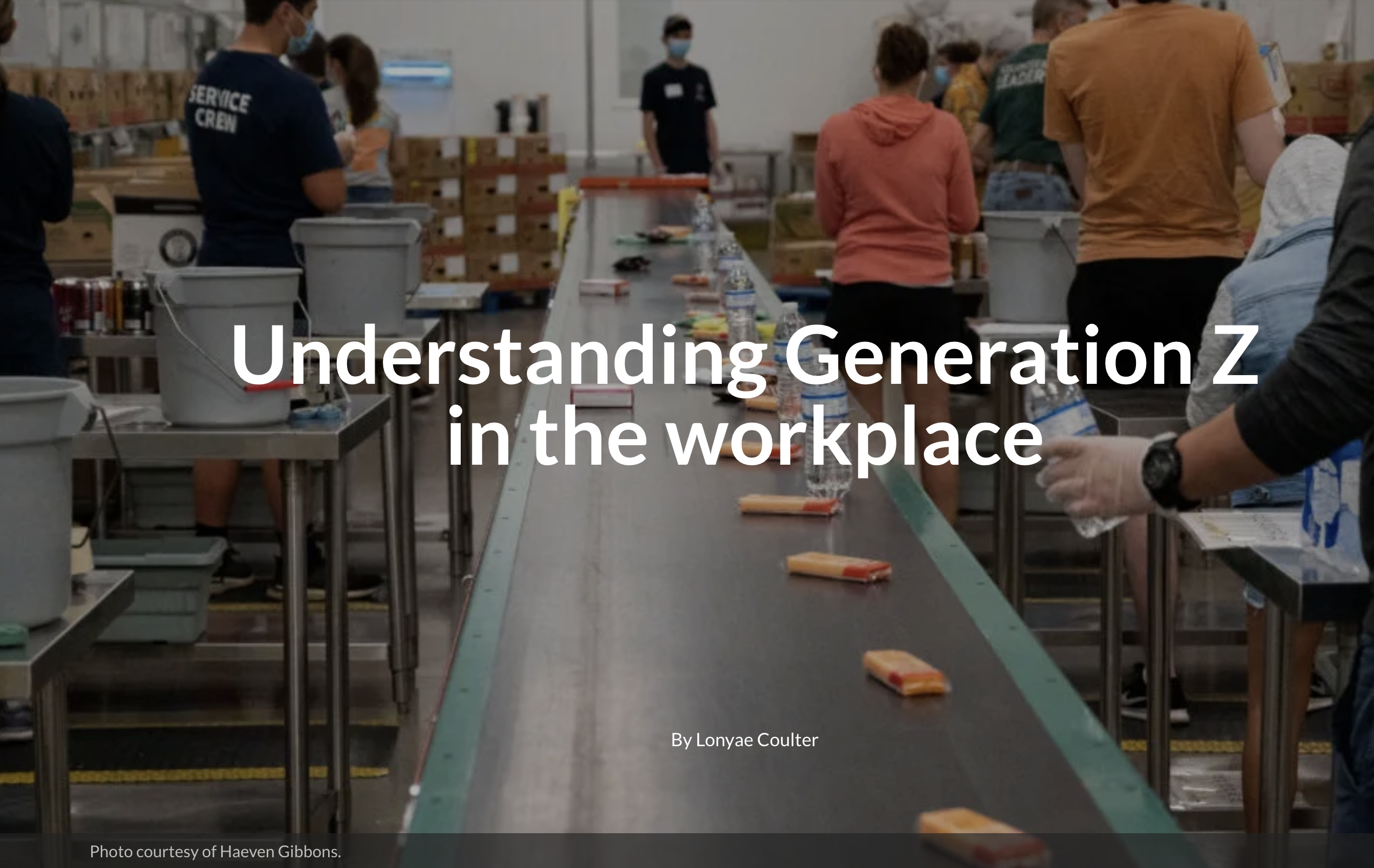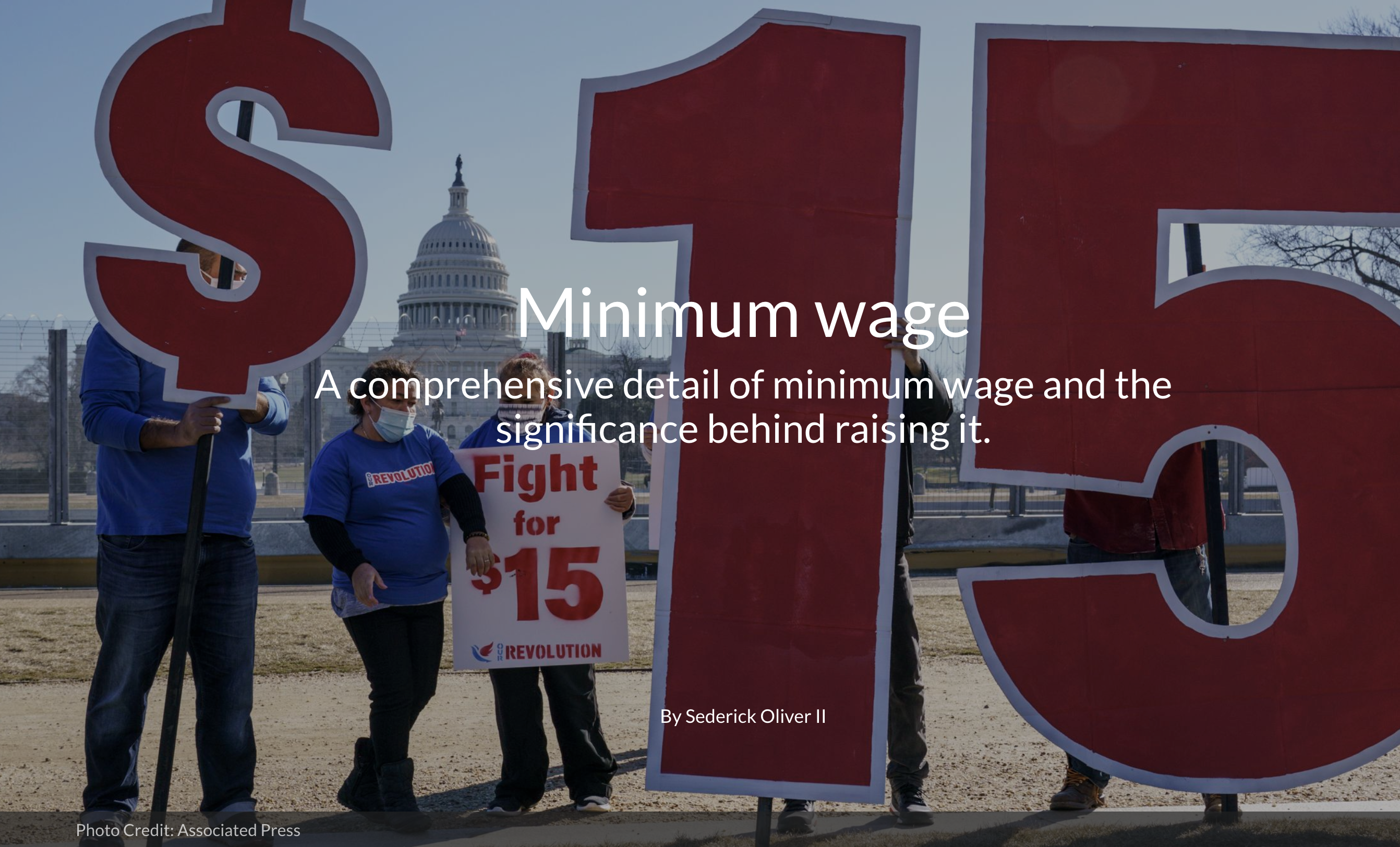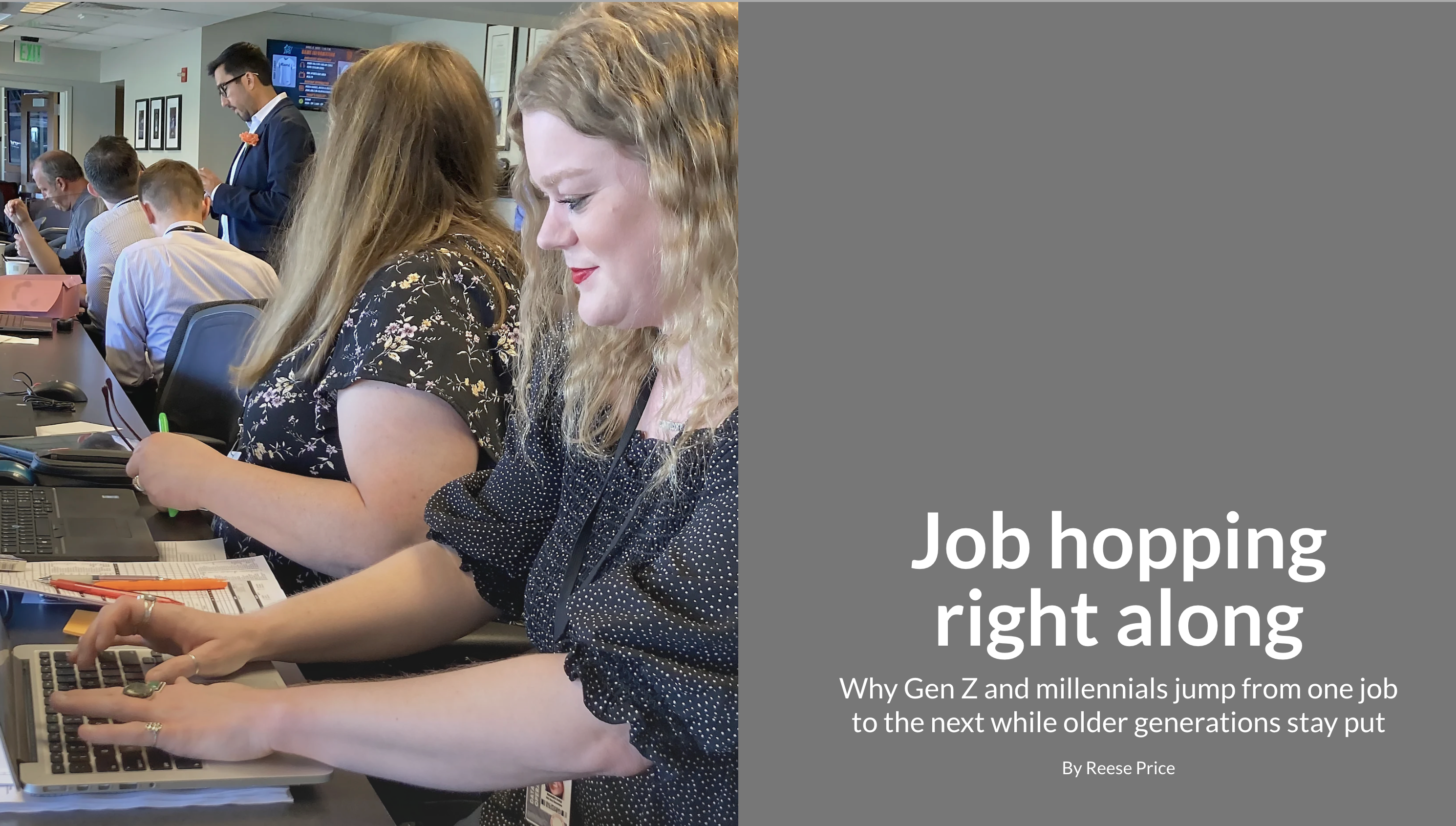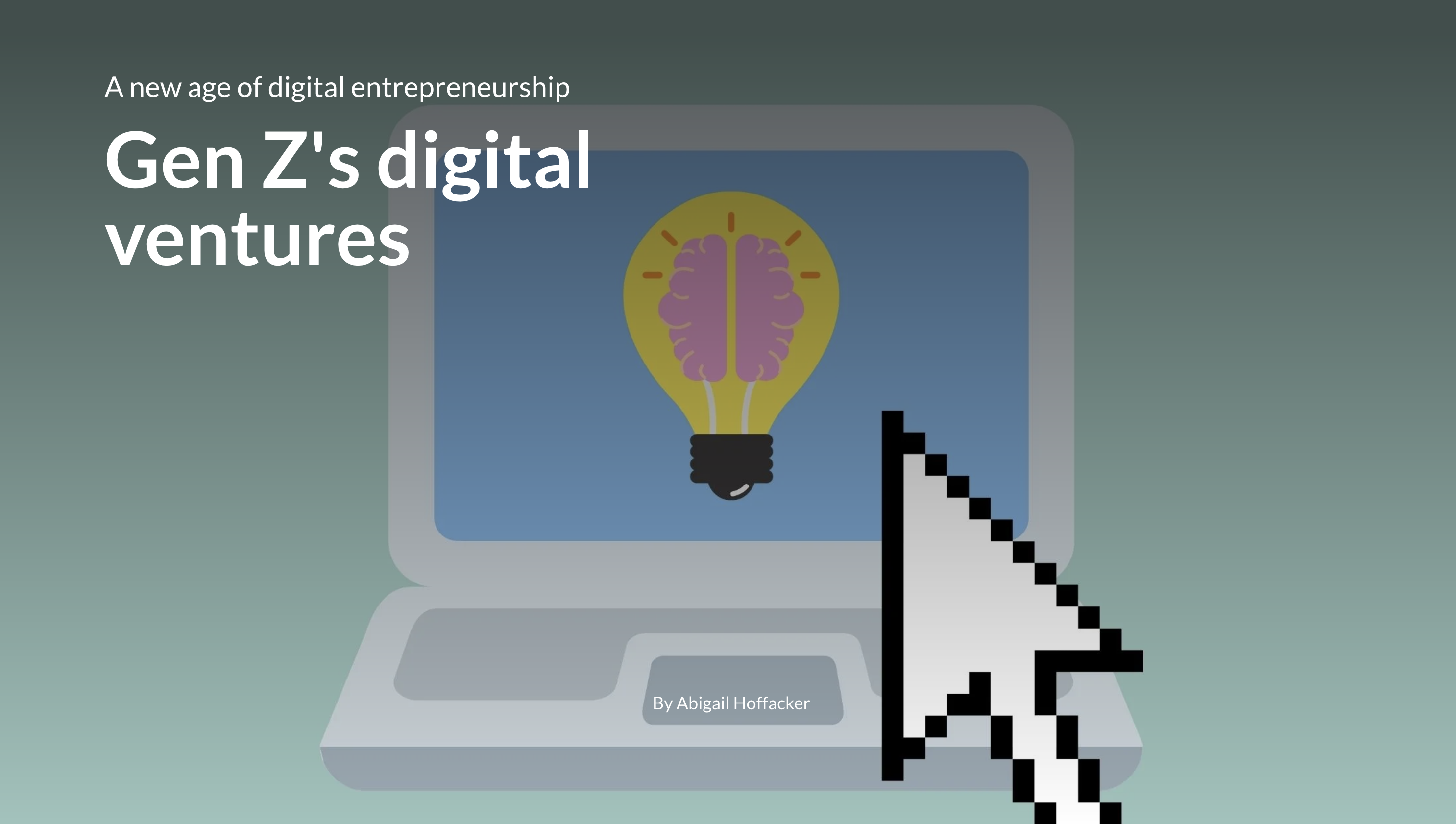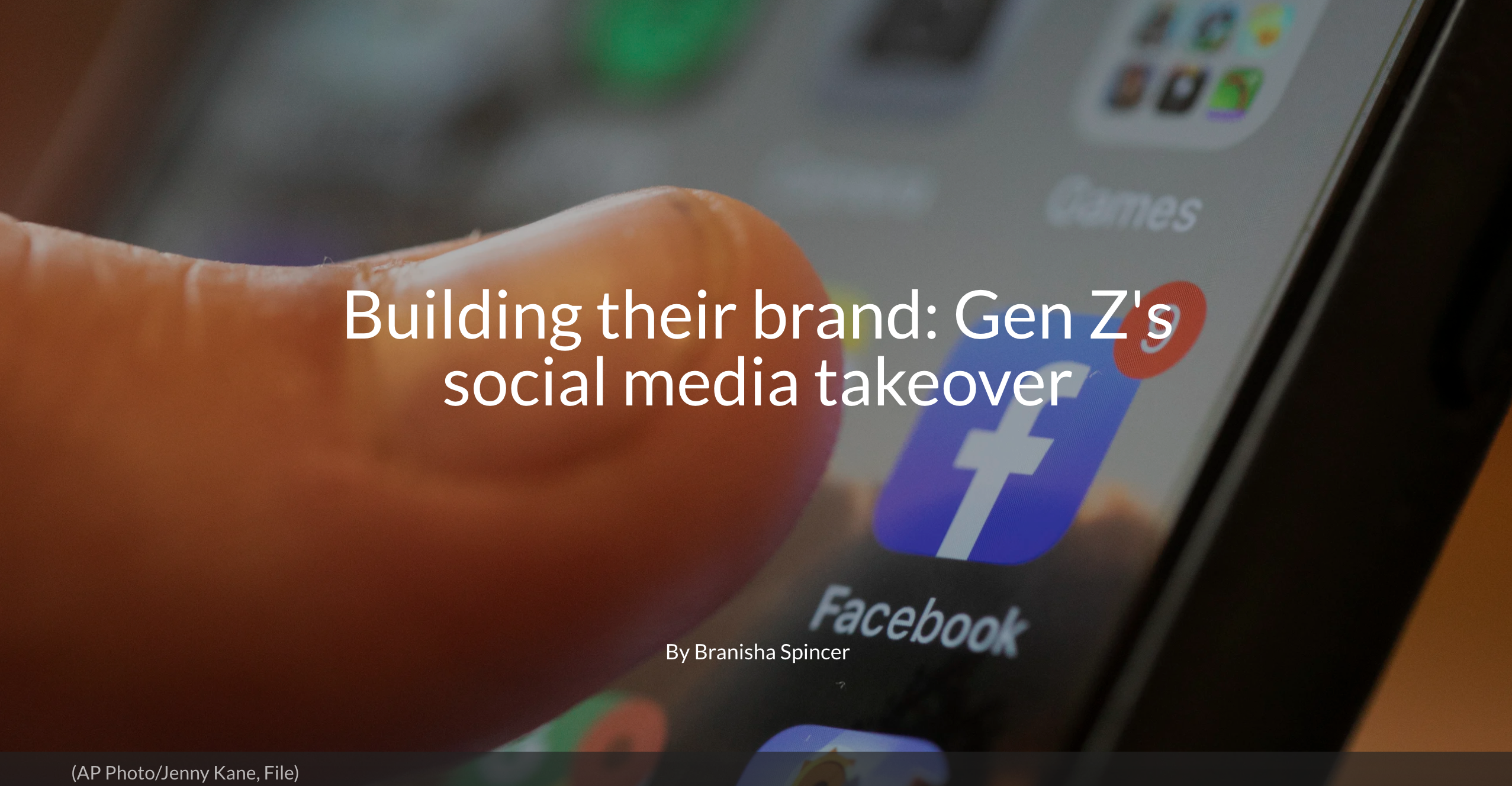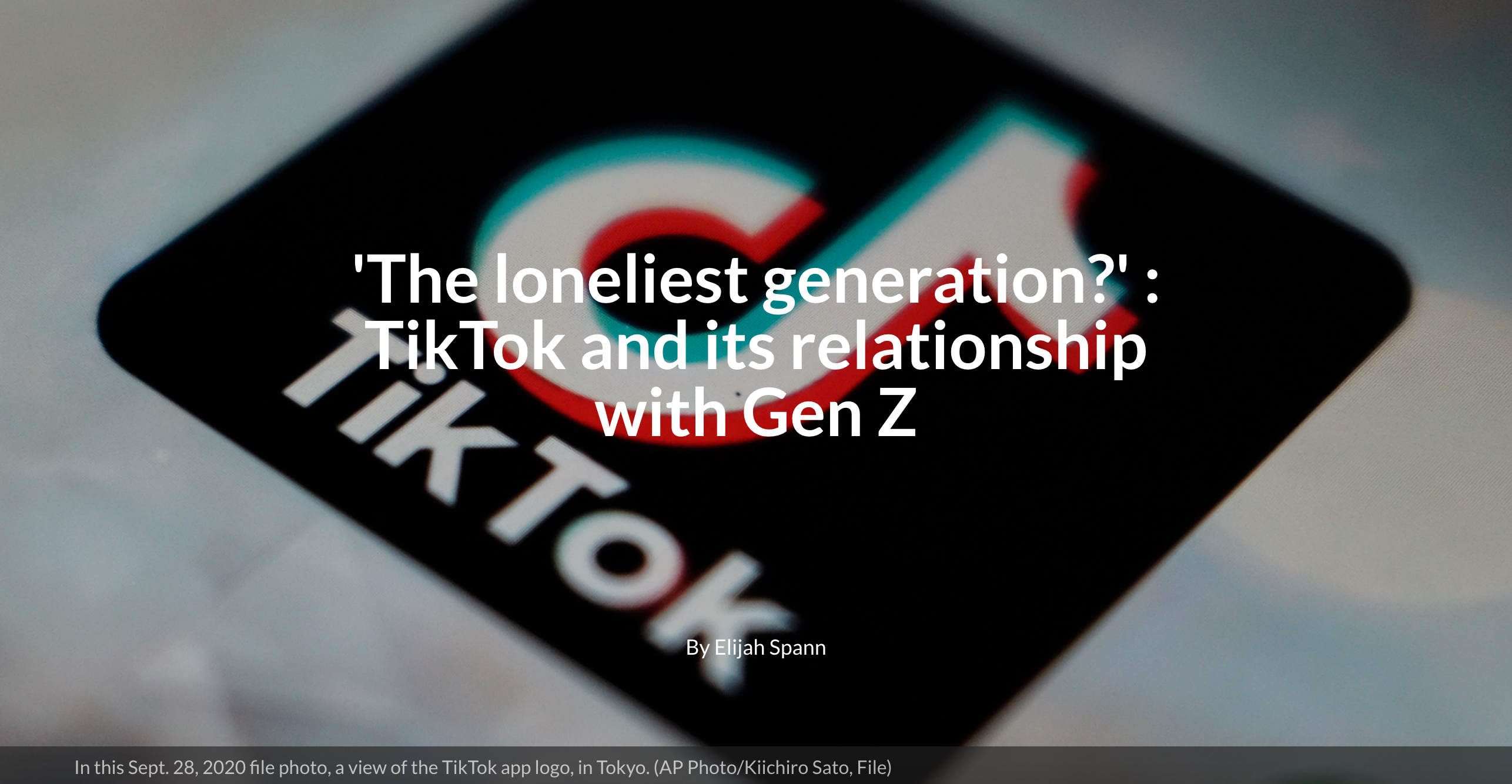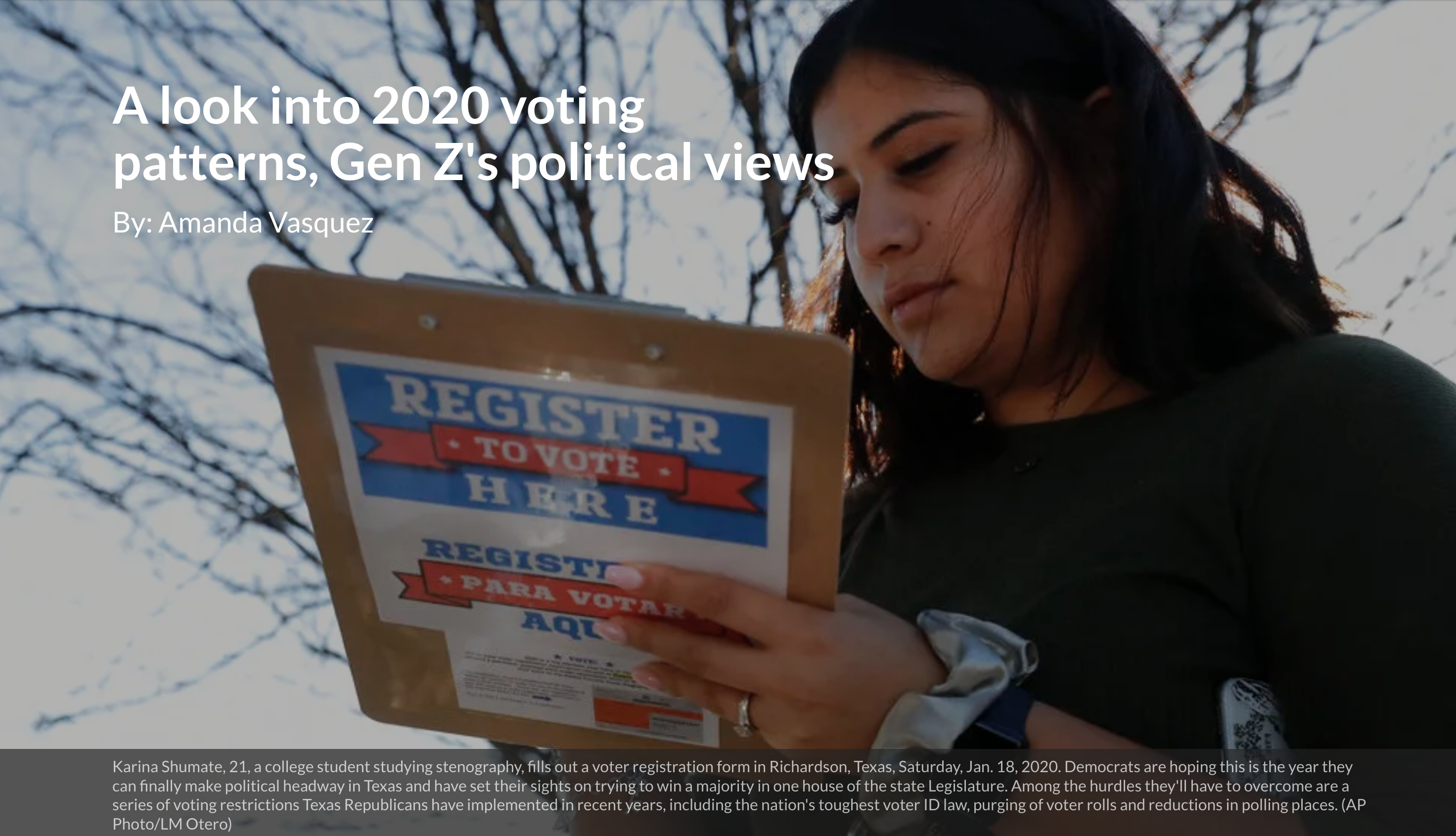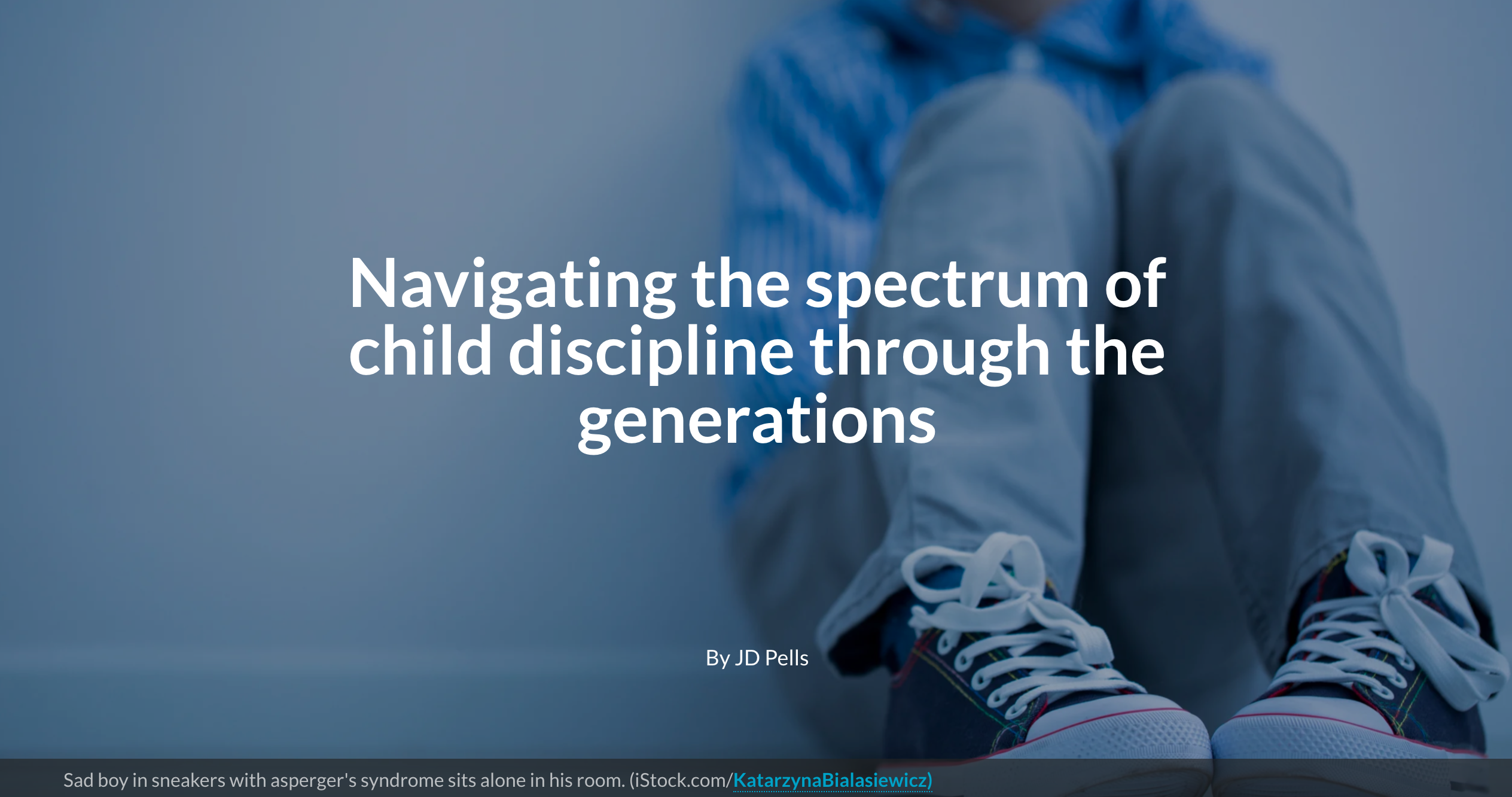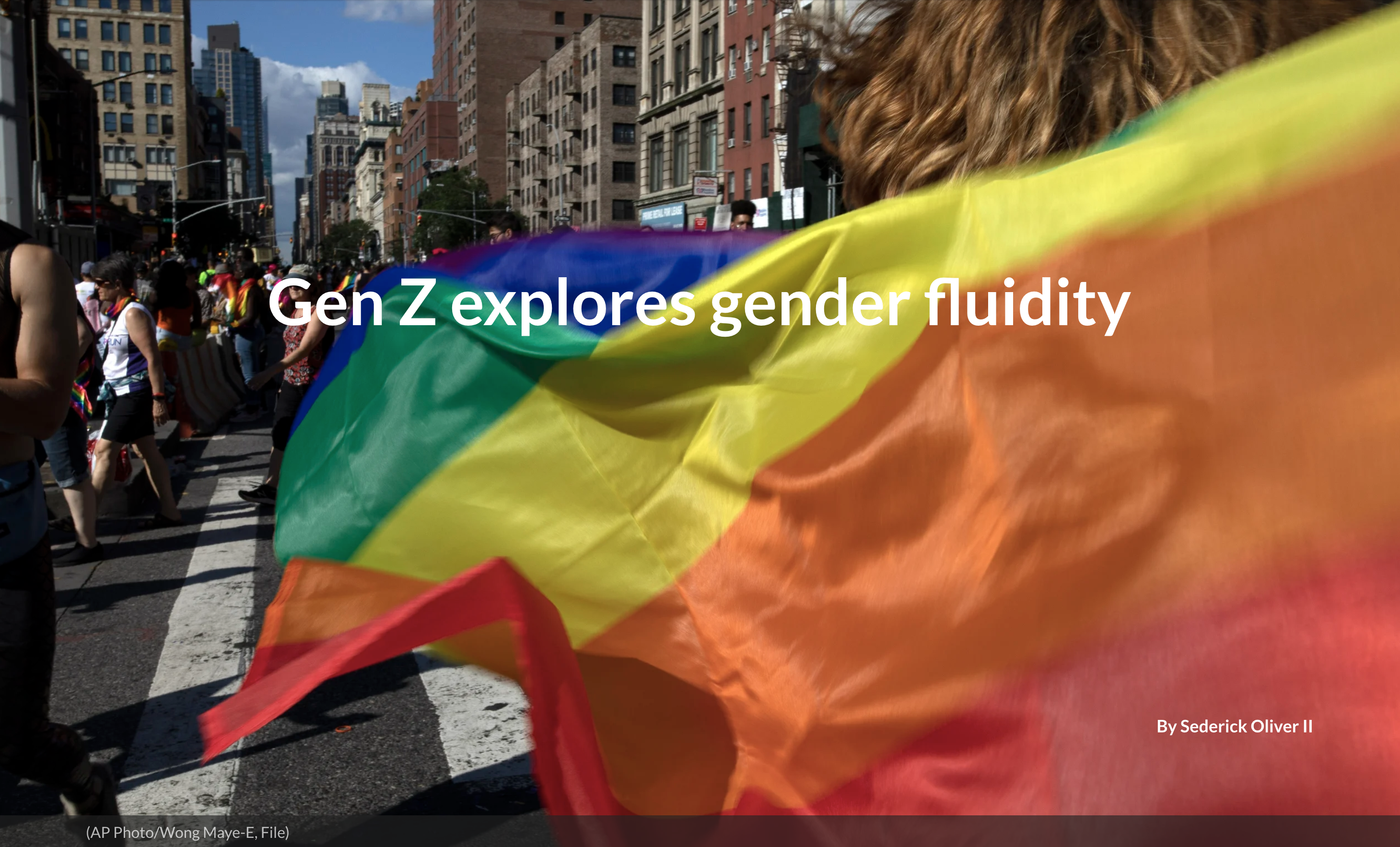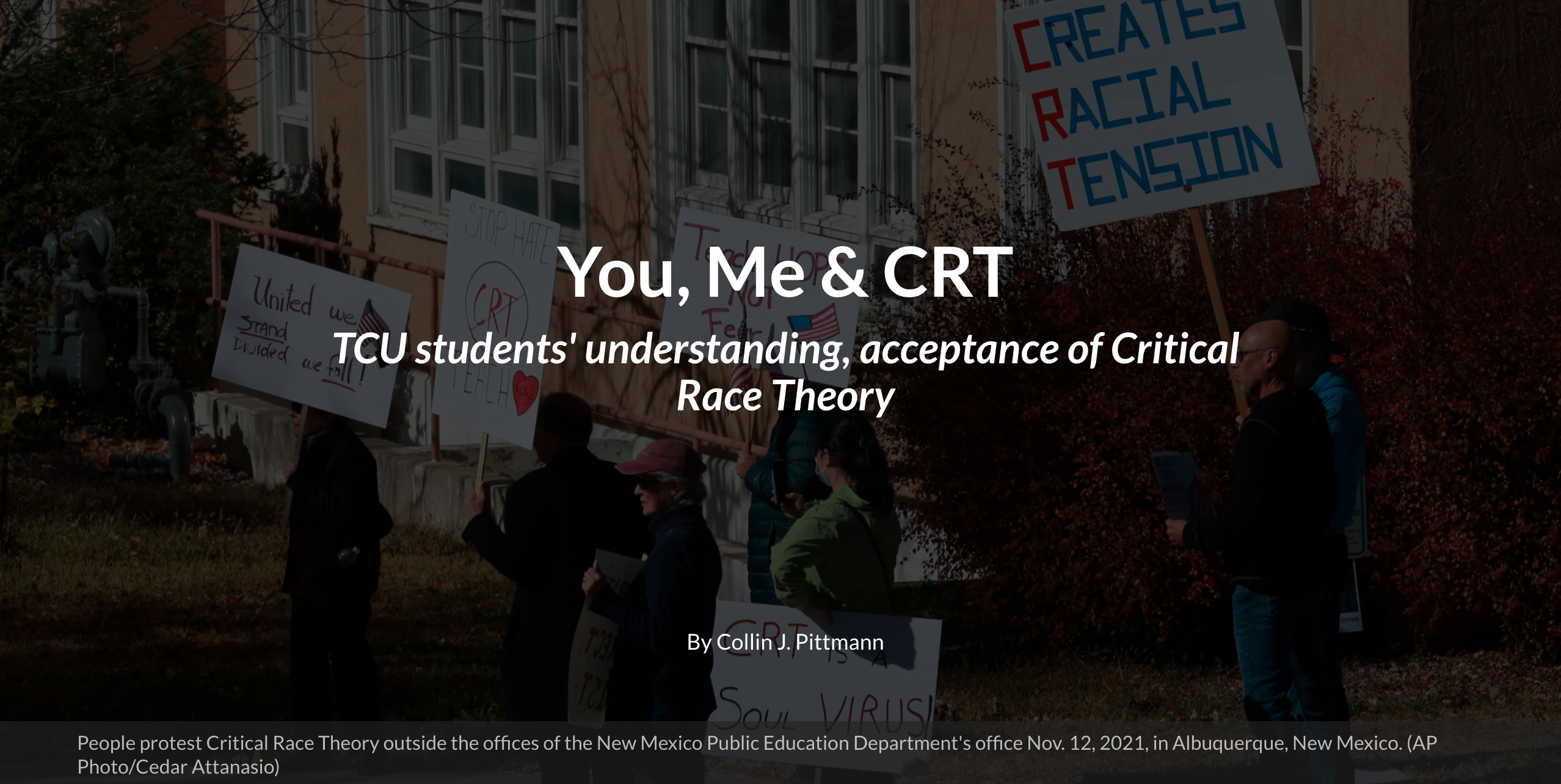
This report was compiled using reporting done by students enrolled in JOUR 40643 summer semester 2021 for Image Magazine's Spring 2022 issue.
Students explored how Generation Z functions, interacts and incites change in today's world. The report is broken into two sections. Section one analyzes Gen Z in the working world and how social media has impacted the workplace. Section two explores how Gen Z thinks about the world’s issues including discipline, diversity and inclusivity.
Generation Z includes those born between the late 1990s and early 2010s. Sometimes referred to as the "iGeneration" because of its close association with the digital boom and the introduction of web 2.0.
Section 1
Gen Z in the working world: How social media has impacted work
Today, workers who earn the federal minimum wage make $7.25 an hour, about 29 percent less per hour than their counterparts made 50 years ago (after adjusting for inflation). Workers produce more today from each hour of work, with productivity nearly doubling since the late 1960s, according to the Economic Policy Institute.
TikTok, the Chinese-owned social media app, has taken the world by storm, becoming the most downloaded app in 2020. According to Statista, over 47% of TikTok’s users were born after 1996, which makes the platform overwhelmingly crowded with Gen Zers.
Section 2
How Gen Z thinks about the world's issues: discipline, diversity and inclusivity
Critical Race Theory (CRT) has swept the nation with conversation and controversy. Originally coined in the mid-1970s by legal scholar Derick Bell, the term has grown to be applied in other sectors of society such as education.

